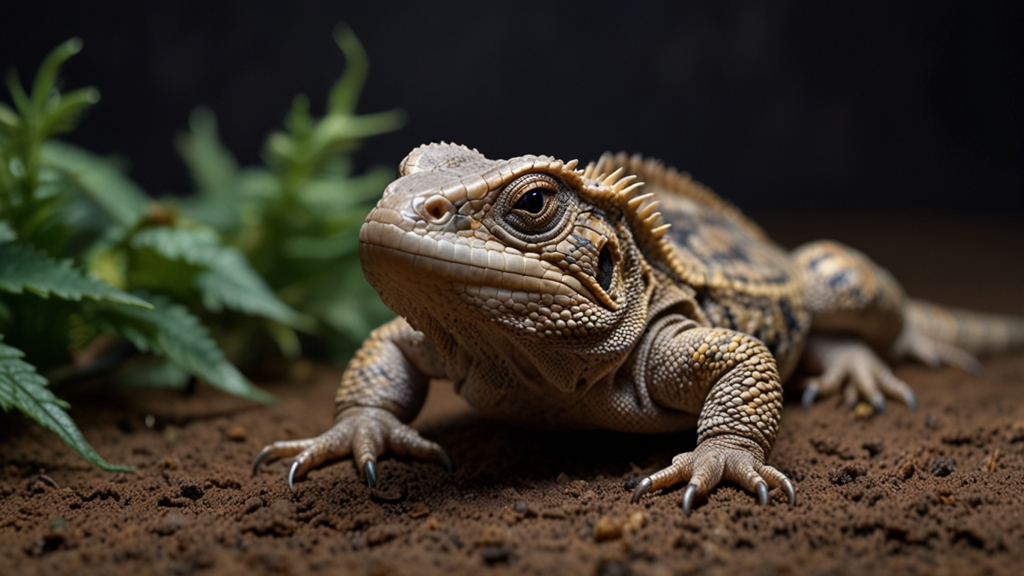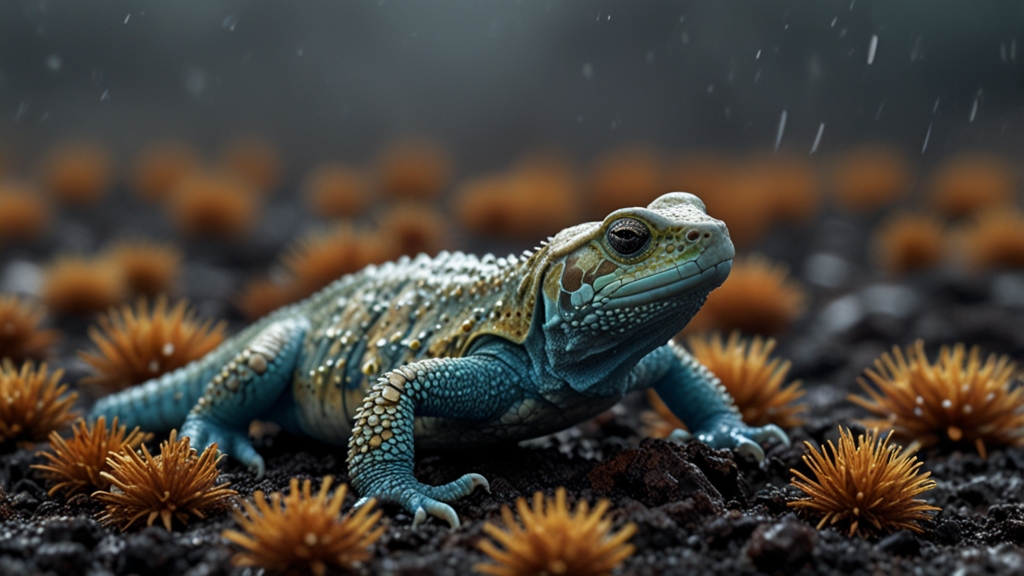Caring for Cold-Blooded Companions: Expert Tips for Reptile Owners
Reptiles are fascinating creatures that have captured the hearts of many pet enthusiasts. Their unique behaviors and striking appearances make them a popular choice for pet owners. However, caring for a reptile requires a distinct set of knowledge and skills. Here are expert tips to help you provide the best care for your cold-blooded companion.
1. Understand Their Needs
Before bringing a reptile into your home, it's crucial to research the specific needs of the species you're interested in. Reptiles are incredibly diverse, and each species has its unique requirements for temperature, humidity, diet, and habitat. Understanding these needs will help you create an environment that promotes their health and well-being.
"One of the biggest mistakes new reptile owners make is not thoroughly researching the specific needs of their pet. Each species is different, and understanding these differences is key to providing proper care." - Dr. Jane Smith, Herpetologist
2. Create the Right Habitat
The habitat you provide for your reptile plays a significant role in its overall health. The enclosure should mimic the natural environment of the species as closely as possible. This includes providing the correct lighting, temperature gradients, and humidity levels.
Invest in quality equipment such as UVB lighting, heat lamps, and hygrometers to monitor and maintain the appropriate conditions. Enclosure size is also important; ensure you provide ample space for your reptile to explore, bask, and hide.
3. Proper Nutrition
Reptiles have varied diets depending on their species. Some are carnivores, while others are herbivores or omnivores. It's essential to provide a balanced diet that meets their nutritional needs. Feeding schedules and portion sizes should be species-specific.
"A balanced diet is essential for the long-term health of your reptile. Ensure you are providing the right type of food and proper supplementation to prevent nutritional deficiencies." - Dr. John Doe, Exotic Veterinarian
4. Regular Health Checks
Regular health checks are crucial in ensuring your reptile remains healthy. Schedule annual visits to an exotic veterinarian who specializes in reptiles. These check-ups can help detect any potential health issues early and provide you with expert advice on care and maintenance.
Look out for signs of illness such as changes in appetite, lethargy, abnormal shedding, or unusual behavior. If you notice any of these signs, consult with a veterinarian promptly.
5. Enrichment and Interaction
Reptiles, like any other pets, can benefit from mental and physical stimulation. Providing enrichment activities such as climbing structures, hideouts, and environmental changes can help keep your reptile engaged and happy. While reptiles might not seek out interaction like dogs or cats, they can enjoy gentle handling and become more accustomed to your presence over time.
"Enrichment is key to preventing boredom and stress in reptiles. Use a variety of activities and environmental changes to keep your pet stimulated and content." - Dr. Emily White, Reptile Behaviorist
Conclusion
Caring for a reptile requires dedication and a solid understanding of their unique needs. By creating the right habitat, providing proper nutrition, ensuring regular health checks, and offering enrichment activities, you can help your cold-blooded companion thrive. Remember, the more you learn about your reptile's specific requirements, the better you can cater to their needs, leading to a healthier and happier pet.











